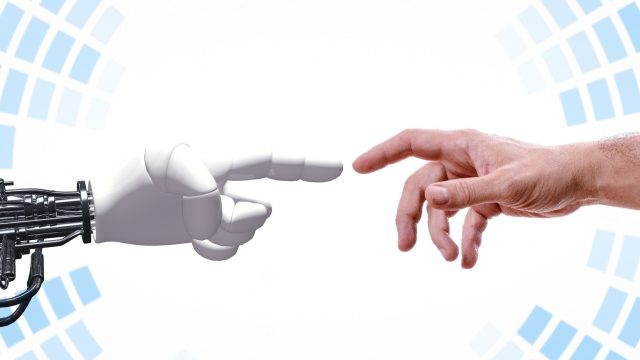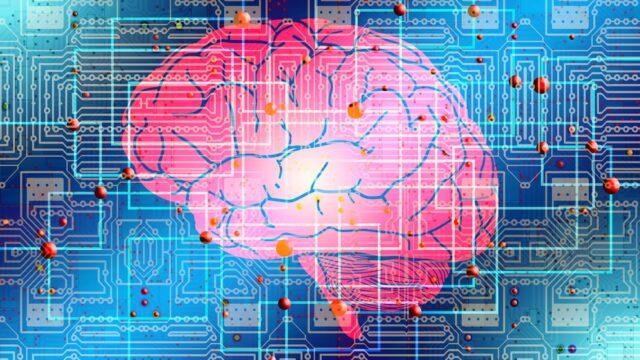
AI and its impact on productivity and employment
Originally posted on The Horizons Tracker.
As artificial intelligence (AI) has progressed at quite a pace in recent years, it is inevitable that governments have tried to get a handle on things and better understand how it might influence society. For instance, I wrote recently about a report by the British government’s Science & Technology Select Committee into AI, which looked at a number of topics, from ethics to employment.
Hot on the heels of this is another British government report, this time from the office of the Chief Scientific Advisor.
It examines the increasingly blurred lines between big data and AI, and particularly the benefits of this for the state. For instance, it highlights that governments could secure enormous savings by utilizing both to reduce tax fraud and minimize errors in tax collection.
It goes on to discuss the use of AI in an advisory capacity to support effective decision making by allowing policy makers to better interrogate the relevant data and to then construct the appropriate questions from that data. It goes on to say however, that humans will always remain in the loop, not least due to the legal and ethical implications of AI.
For instance, there is legislation that governs the use of citizen data by analysts and policy makers to ensure that privacy is maintained and equal treatment is given to all. This is a crucial aspect of public service, and there have been numerous stories about the implicit bias in AI systems, whether because of biased data used to train the systems, or a bias in the algorithms behind them. For AI to thrive in public service therefore, developers need to understand these legal frameworks and how they might apply to AI based decision support.
AI and the labor market
The paper then takes the well trodden path of analyzing the impact of AI on the labor market. It references a number of well-used studies into this trend, and reminds us that most of the job growth in the next decade will be both highly skilled but also complimentary to technology.
It’s on this note that a second paper was recently published, this time by the United Nations as part of the UN Conference on Trade and Development. It was looking at the impact very much from the perspective of the developing world. Whilst the UK report correctly highlighted the growing creep of AI into knowledge work, the UN paper reminds us that for now at least, most of the disruption is in low-skilled work, and with that in mind, it argues that most of this disruption will occur in the developing world.
That isn’t to say that low-wage workers in western countries won’t be disrupted, not at all, but it argues that entire jobs are set to be eliminated entirely in the developing world.
This apparent disparity is in large part because the jobs that will become fully automated have largely disappeared from the western world already. So work may be brought back to the western world, but it will be done by robots rather than people.
“The increased use of robots in developed countries risks eroding the traditional labour cost advantage of developing countries,” the report states. “Adverse effects for developing countries may be significant.”
Whilst low-wage countries may continue to thrive in areas where robotics is not yet proficient, given the pace of improvement across the industry, this seems to be only a matter of time before these cost-advantages are eroded. What appears clear however is that even if work is reshored, it will probably be done by machines rather than people.
I think this is a crucial point as politicians in recent years have largely ignored this basic trend, suggesting instead that low-skilled work can easily be returned to the west if migration is reduced or trade deals tweaked.
Until that nettle is grasped, I’m not sure we can really approach our AI future with any confidence.
Article source: AI and its impact on productivity and employment.
Header image source: Danbo @ Work by Andrés Nieto Porras is licensed by CC BY-SA 2.0.






